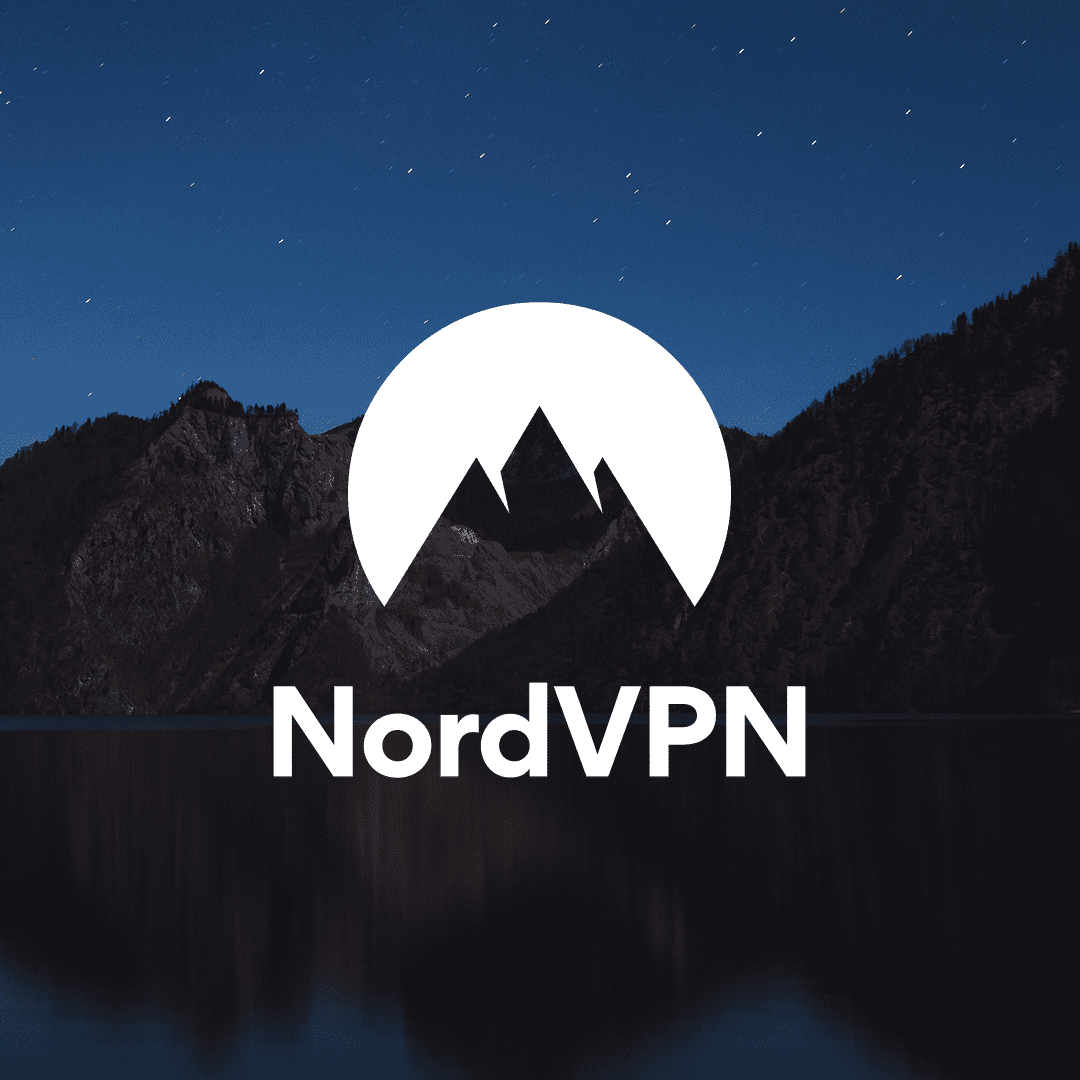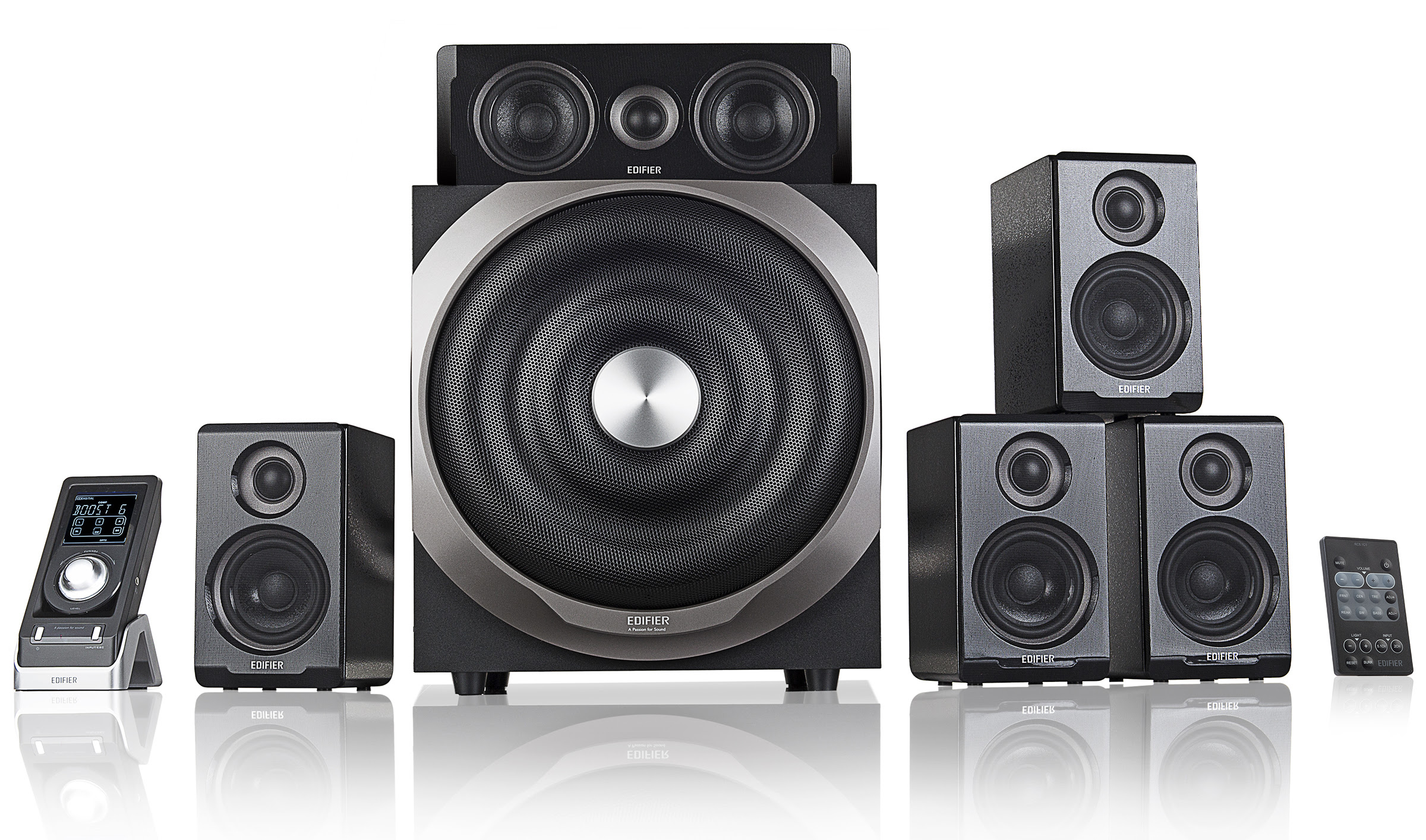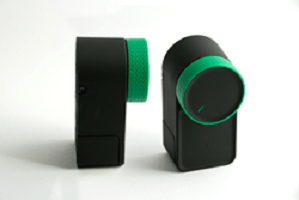NordVPN experts warn: travelers should avoid using hotel Wi-Fi

JTB forecasts 40 million Japanese domestic travelers for this vacation period, this puts a lot of travelers in danger. Even though these domestic tourists have provided much-needed relief to the bleeding hotel industry of Japan, experts warn about the risks public Wi-Fi in hotels may pose.
“Hackers often use hotel Wi-Fi to attack guests. This is especially important now that travelers are keen to see more familiar places and stay in local hotels, which often have poorly secured networks,” NordVPN’s digital privacy expert Daniel Markuson explains.
How can hotel Wi-Fi be hacked?
Hackers can connect to hotel Wi-Fi as easily as guests do, snoop on users’ online activity and steal their passwords and personal information. They can also install malware on a user’s computer or hack into the hotel’s database and download the guests’ credit card information.
Another threat is hackers positioning themselves as a Wi-Fi hotspot — the so-called evil twin Wi-Fi. In this scenario, cybercriminals set up fake unprotected Wi-Fi hotspots next to the hotel to trick hotel guests into connecting. Such networks usually have an unsuspicious name such as “Guest Wi-Fi”.
“Hotel networks are often built for the guests’ convenience, ignoring security practices. This is especially common in smaller hotels, where simple and easy-to-remember passwords are created in favor of the guests,” Daniel Markuson from NordVPN emphasizes.
How can guests stay protected?
Daniel Markuson recommends using mobile data while away from home instead of hotel or any other public Wi-Fi. However, if this is impossible, here are some things travelers can do to stay protected:
- Connect to secured Wi-Fi. Ask the person at the reception desk to give you the exact name and password of the hotel you are staying in.
- Disable automatic connections. This will prevent you from connecting to the network you didn’t intend to connect to.
- Don’t make any purchases or reservations using hotel Wi-Fi. Guests like to make reservations for attractions in the town or city they are visiting using hotel Wi-Fi. This is quite convenient but also makes our sensitive information vulnerable.
- Use a VPN. The best and most effective way to ensure any user’s security over an open Wi-Fi connection is by using a VPN service. It encrypts users’ data and doesn’t allow third parties to intercept it.





